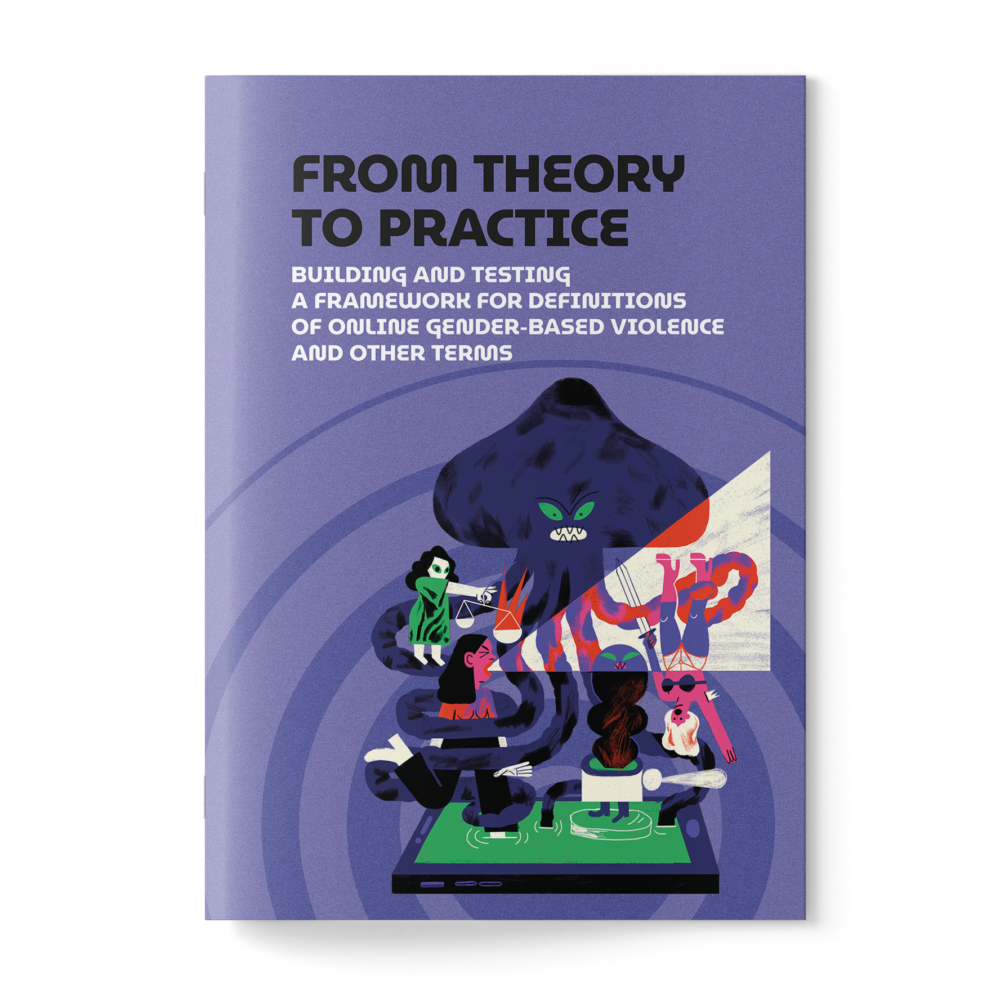
Online Gender-Based Violence (OGBV) is continuously evolving and expanding, making it urgent to find effective measures and diverse approaches to address it. In response to this need, from August 2023 to May 2024, we carried out the “Better Data” project, led by the World Wide Web Foundation, the convening organization of Women’s Rights Online (WRO), a global network of leading organisations in gender justice and digital rights.
As we work across networks gathering information about the frequency and degree of online gender-based violence, there exist many studies and reports which describe similar forms of online gender-based violence (OGBV) and its impact, but the language and terms used to define acts and subsequent measurement of these harms are uncoordinated and often misaligned. There’s a plethora of data, but lack of coordination when incorporating that data into solutions, policy design and implementation. As with the development of any definition, coalescing terminologies encompassing OGBV will limit the representation and experiences of some in favour of capturing a widespread experience of the whole. Current attempts are driven out of and heavily favour the Global North, although there are multiple initiatives in the Global South making important efforts against online gender-based violence. To fill this significant gap and center the work of those closest to the problem, this document presents a framework for researchers, data analysts, and policymakers to locally develop and adapt terms that can best represent the local experience and understanding around OGBV (and other terms to be shared below)1. Such a framework was built based on an initial mapping of definitions and manifestations of OGBV that then identified common traits among them. We expect that this framework will offer a starting point to policy-makers linked to data collection processes on building new or enriching existing survey efforts designed to measure universal harms.
Organisations involved in this process included TEDIC (Paraguay), Pollicy (Uganda), Sulá Batsú (Costa Rica), Women of Uganda Network (WOUGNET), Media Foundation for West Africa (Ghana), Fundación Karisma (Colombia), HOPE for Mozambique, and Pen to Paper, with support and guidance from Social Finance (United Kingdom).
